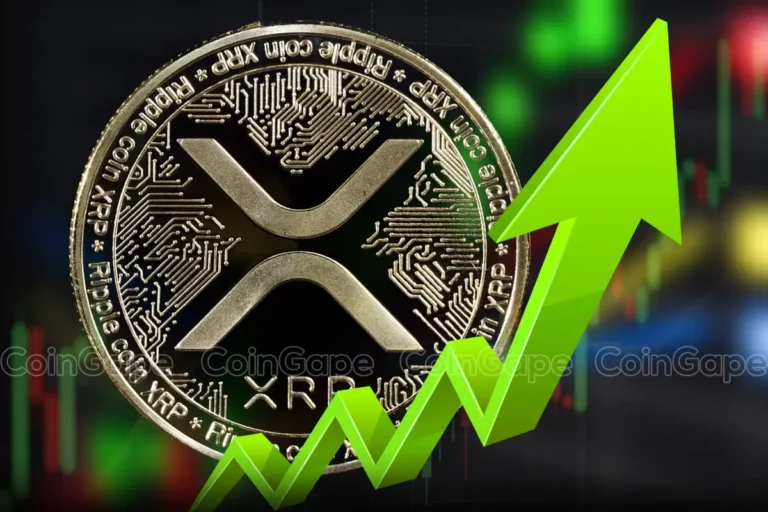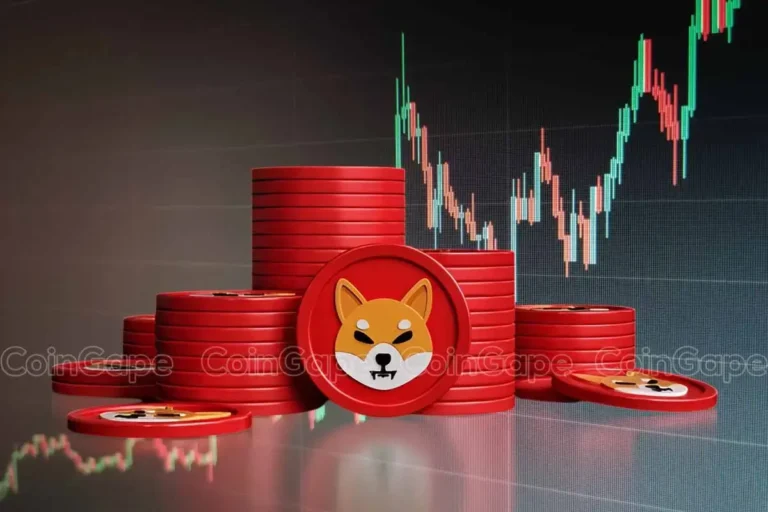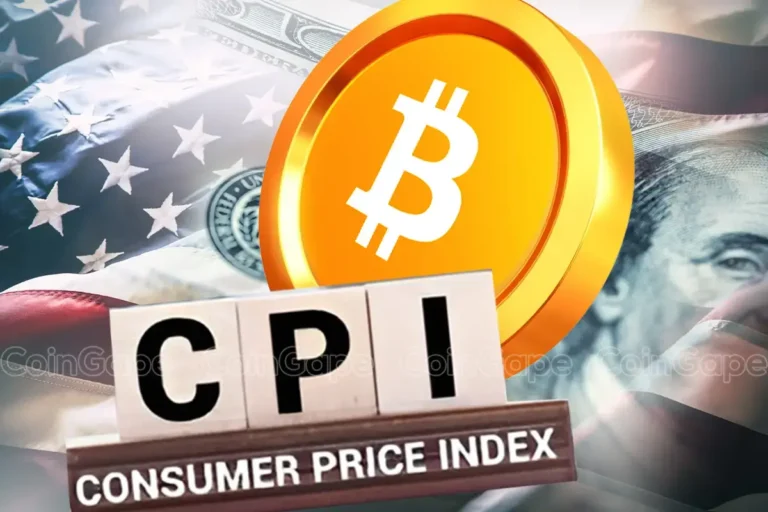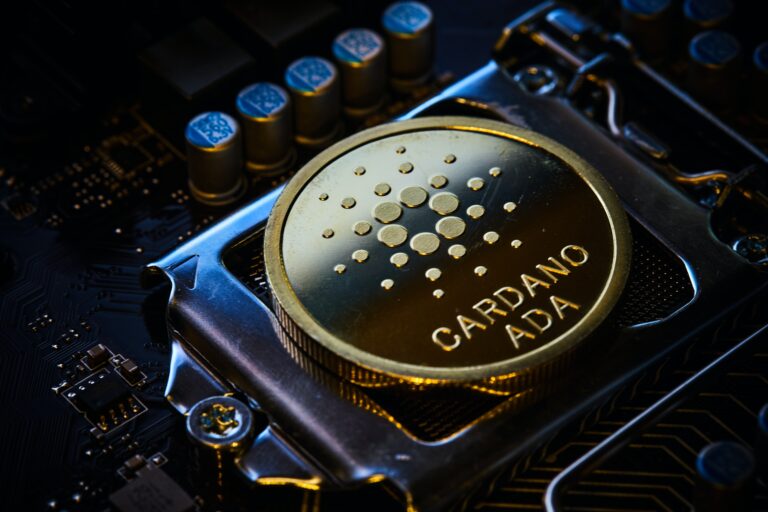Top Considerations for Choosing a Secure DeFi Wallet: A Guide for Crypto Investors

- Decentralized finance (DeFi) is an emerging financial technology based on secure distributed ledgers similar to those used by cryptocurrencies.
- DeFi includes a variety of simplified services and products that remove all intermediaries, thus disrupting the traditional financial industry.
DeFi, the abbreviation for decentralized finance, involves eliminating financial intermediaries and providing value through more extensive use cases for blockchain technology. DeFi includes a variety of simplified services and products that remove all intermediaries, thus disrupting the traditional financial industry.
The entire concept is inspired by the blockchain, ensuring that all transactions are recorded in a copy of the distributed ledger and that there is no single entity in control of the information
What is a DeFi wallet?
A DeFi wallet is an asset storage option that grants users full asset ownership. One of the safest forms of storage currently accessible is thought to be DeFi wallets.
Unlike typical banks, which maintain control over all the user’s assets through user verification and other associated information, a DeFi totally transfers power to the asset owner.
By eliminating the need for a middleman, DeFi wallets further transform the financial sector. In general, most DeFi wallets function as Web 3.0 wallets that are compatible with the Ethereum (ETH) blockchain (although this may vary).
The non-custodial framework used by DeFi wallets makes sure that only the wallet owner has access to the funds. As a result, these wallets mandate that users retain complete accountability for safeguarding their private keys.
DeFi wallets are known to be among the safer solutions on the market. However, the security of a DeFi wallet is a product of its user, who must keep their login information extra safe.
Considerations for Choosing a DeFi Wallet
The following are some crucial points to consider if you are thinking about using a DeFi wallet:
Compatibility
A solid DeFi wallet should be compatible with both your web browser and the DeFi protocols with which you frequently interface. Certain DeFi wallets are also connected with dApps, allowing you to communicate with DeFi protocols and conduct transactions without leaving the wallet.
Asset Protection
Certain DeFi wallets are better at supporting specific assets than others. Although some wallets are intended to allow smooth interaction with assets housed online, others support cold storage assets natively. Additionally, certain wallets encourage staking and yield farming, whilst others do not. You must select a wallet that is compatible with the assets and operations that you own and utilize.
Simplicity
Because you will be using your DeFi wallet frequently to check on your assets and trade them, it is critical that you select a wallet that is straightforward and easy to use. One with a fast setup procedure, a simple layout, and user-friendly features will make it easier to track and manage your DeFi assets.
Security
When it comes to wallet security, one of the most crucial questions to ask is, “Will the wallet provider take the required efforts to secure the protection of its users?” When deciding which wallet to trust, always examine the company’s reputation for security and read pertinent customer reviews.
Closing Thoughts
DeFi adoption is rising at rocket speed leading to a direct and proportionate increase in the use of DeFi wallets. DeFi wallet holders need to consider, security, simplicity, assets protection, and the compatibility of a wallet.
Choosing a secure DeFi wallet is a critical step in protecting your assets. When choosing a wallet, consider the factors outlined above to ensure you choose a wallet that meets your needs and provides the necessary security features. Remember to always keep your private keys safe and secure, and never share them with anyone.

















+ There are no comments
Add yours